The surprising history behind common superstitions
Superstitions have fascinated humans for centuries, offering a mix of fear, comfort, and intrigue. These beliefs often stem from cultural folklore and historical traditions, influencing behaviors in mysterious ways.
Whether it’s an aversion to black cats or a penchant for knocking on wood, superstitions permeate various aspects of our lives. They provide a fascinating glimpse into the human psyche, revealing how we attempt to control the uncontrollable through rituals and beliefs.
Walking Under Ladders: A Path to Bad Luck or Just a Construction Hazard?
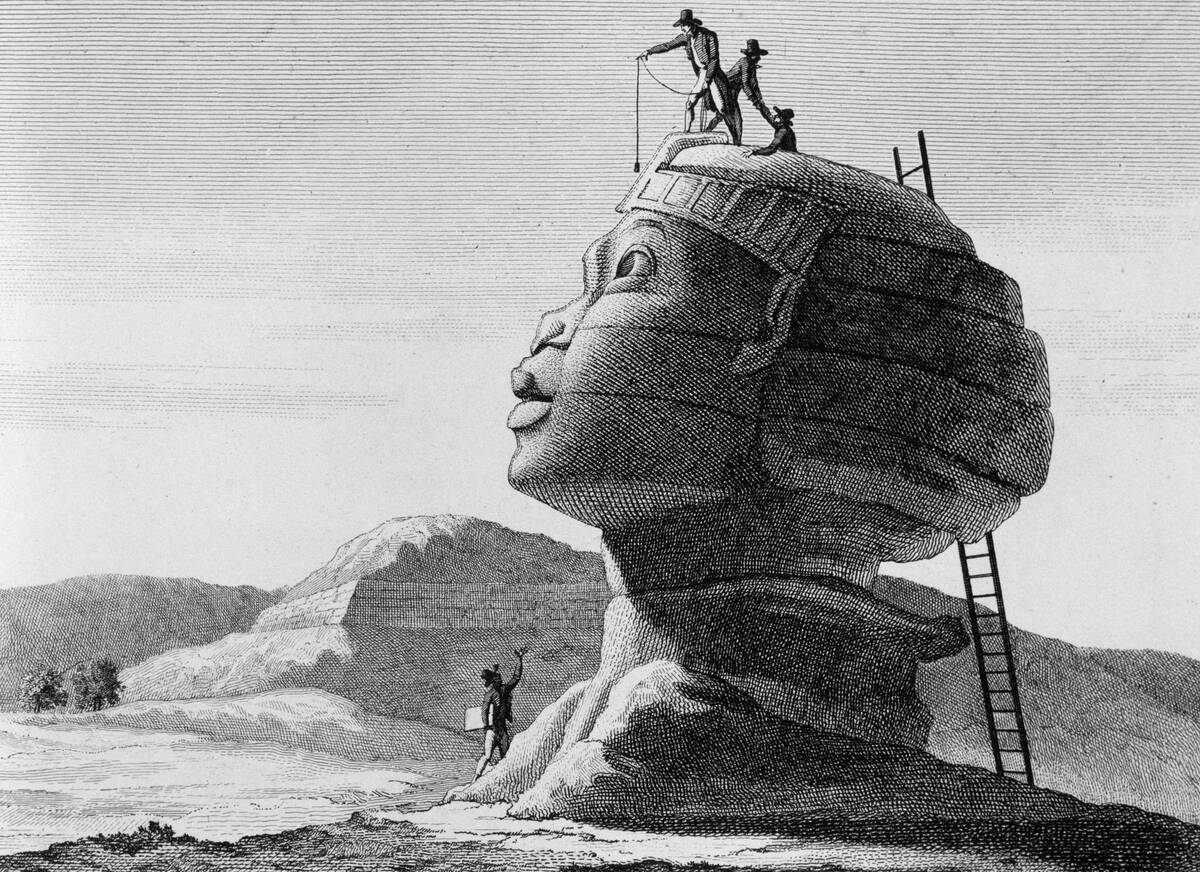
The superstition surrounding walking under ladders dates back to ancient Egypt. The Egyptians considered triangles sacred, and a ladder leaning against a wall forms a triangle, thus breaking it was seen as desecrating the sacred.
In modern times, this belief persists alongside the practical danger of objects falling from above. While avoiding ladders might spare you a bump on the head, it’s intriguing how a practical caution evolved into a superstition.
Breaking a Mirror: Seven Years of Bad Luck or a Reflective Myth?
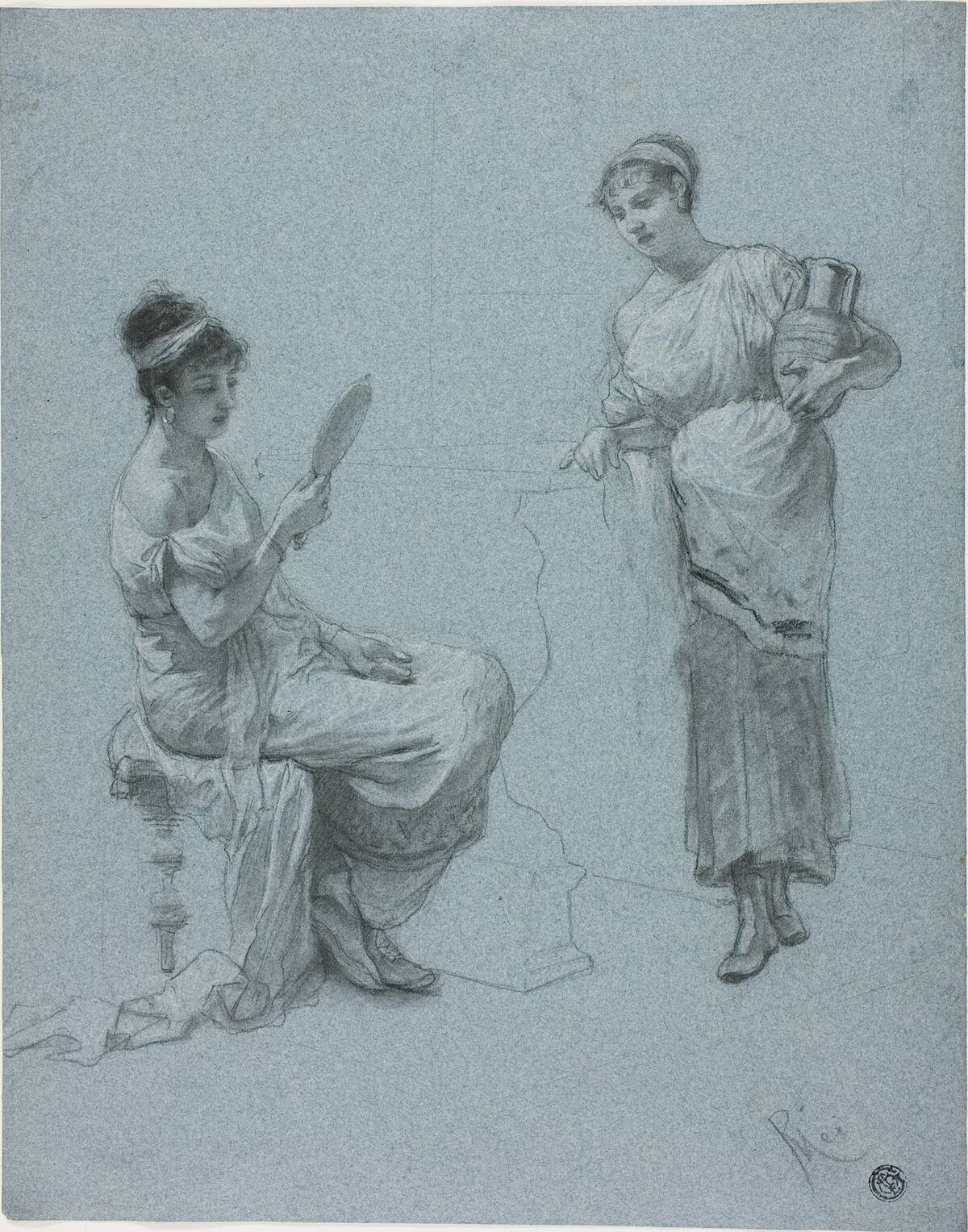
The idea that breaking a mirror brings seven years of bad luck hails from Roman times, where mirrors were believed to reflect one’s soul. Romans thought it took seven years for life to renew, hence the lengthy sentence of misfortune.
Today, while we may not fear for our souls, there’s still a pang of dread accompanying shattered glass, perhaps more out of respect for ancient beliefs than belief in their truth.
Black Cats: Feline Friends or Harbingers of Misfortune?
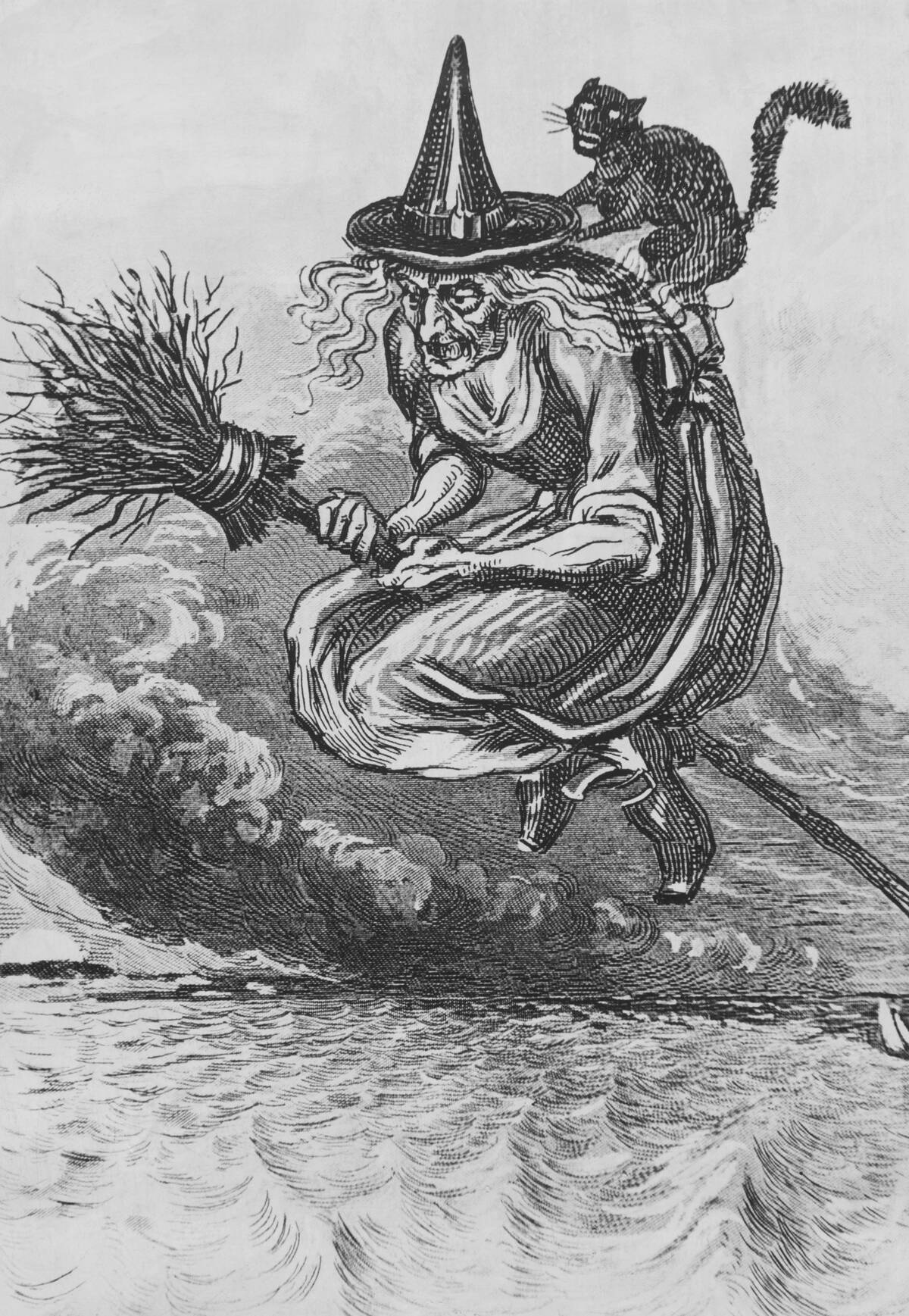
Black cats have long been associated with bad luck, particularly in Western cultures. This superstition likely arose from their association with witches during the Middle Ages.
However, in other cultures, like those in Japan and Scotland, black cats are seen as symbols of good luck. It’s fascinating how the same animal can embody both fortune and misfortune, depending on the cultural lens through which it’s viewed.
Knocking on Wood: A Knock from Ancient Times to Ward Off Bad Luck
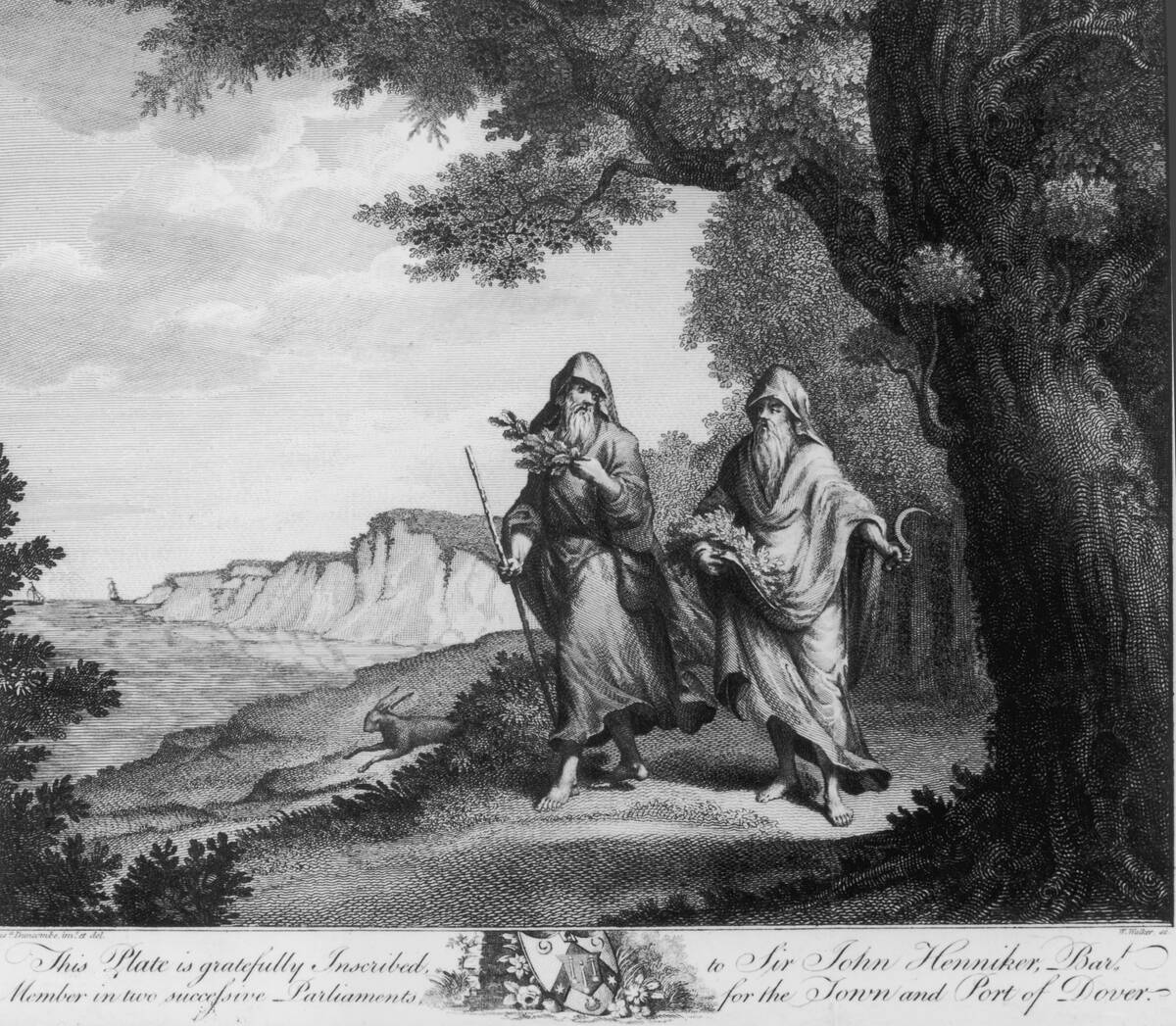
The practice of knocking on wood as a way to ward off bad luck is believed to have roots in ancient pagan traditions. Many cultures worshipped trees, believing that spirits resided within them, and knocking on wood was a way to call upon these spirits for protection.
Today, this simple gesture persists as a common superstition, often used as a quick precaution against tempting fate after expressing optimism.
Friday the 13th: The Unluckiest Day or Just Another Weekend Starter?
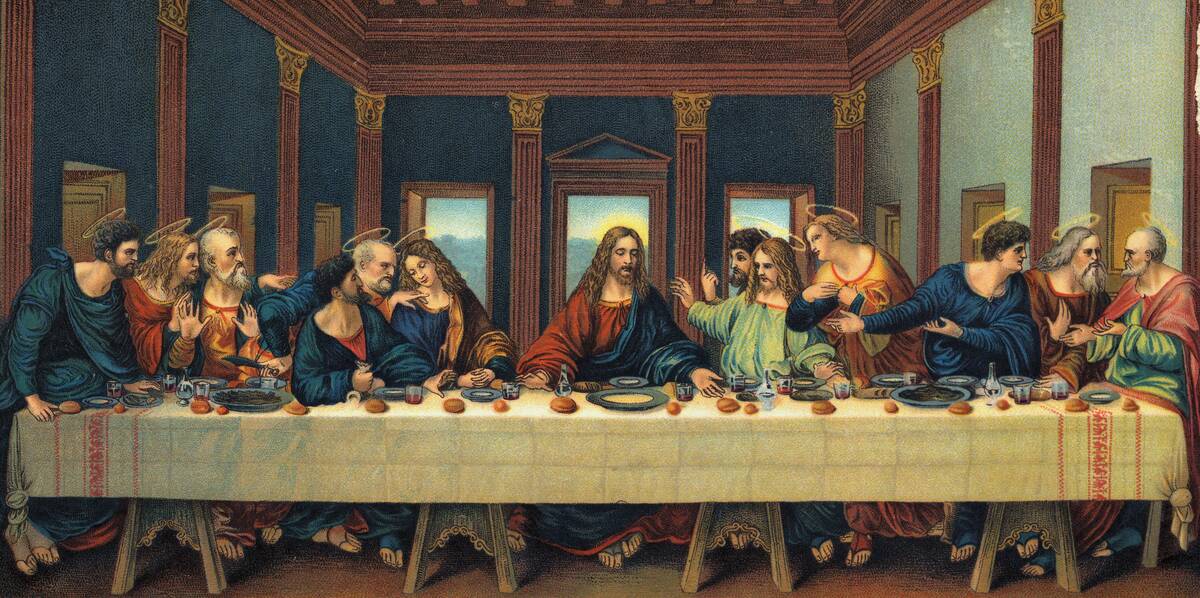
Friday the 13th is often dreaded as the unluckiest day, combining the ominous number 13 with the traditionally unlucky Friday. Some trace this superstition to the Last Supper, where 13 guests were present before the crucifixion on Good Friday.
Despite its negative connotations, studies have shown that the day is not statistically more dangerous than any other. Nevertheless, the fear of Friday the 13th, known as paraskevidekatriaphobia, endures.
Opening an Umbrella Indoors: Shielding Yourself from Misfortune
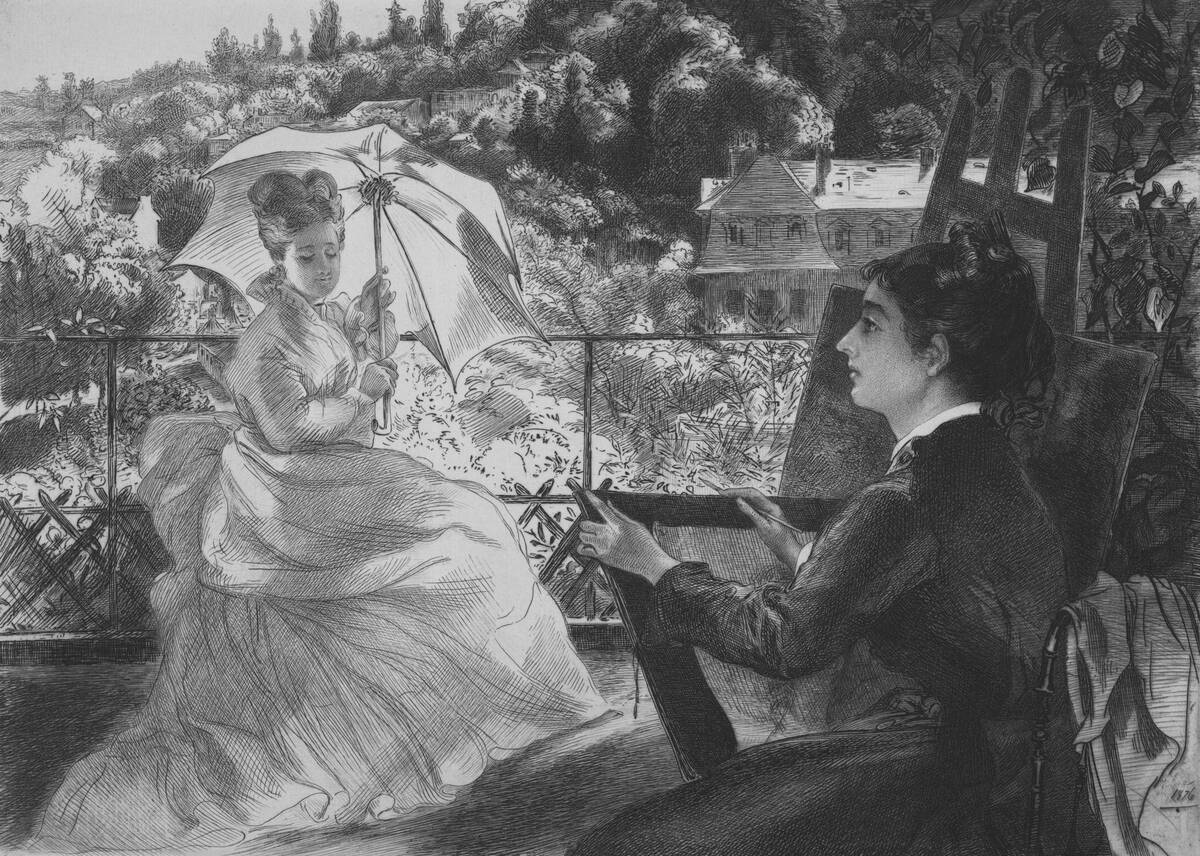
The superstition against opening an umbrella indoors likely comes from the 18th century when umbrellas were large and unwieldy, causing potential harm in tight spaces.
Additionally, some believe it originated from ancient Egypt, where umbrellas were used in religious ceremonies and opening one indoors was seen as an insult to the sun god. While modern umbrellas are less hazardous, the superstition persists as a quirky reminder of its origins.
Spilling Salt: Why a Pinch Over the Shoulder Keeps Bad Luck at Bay
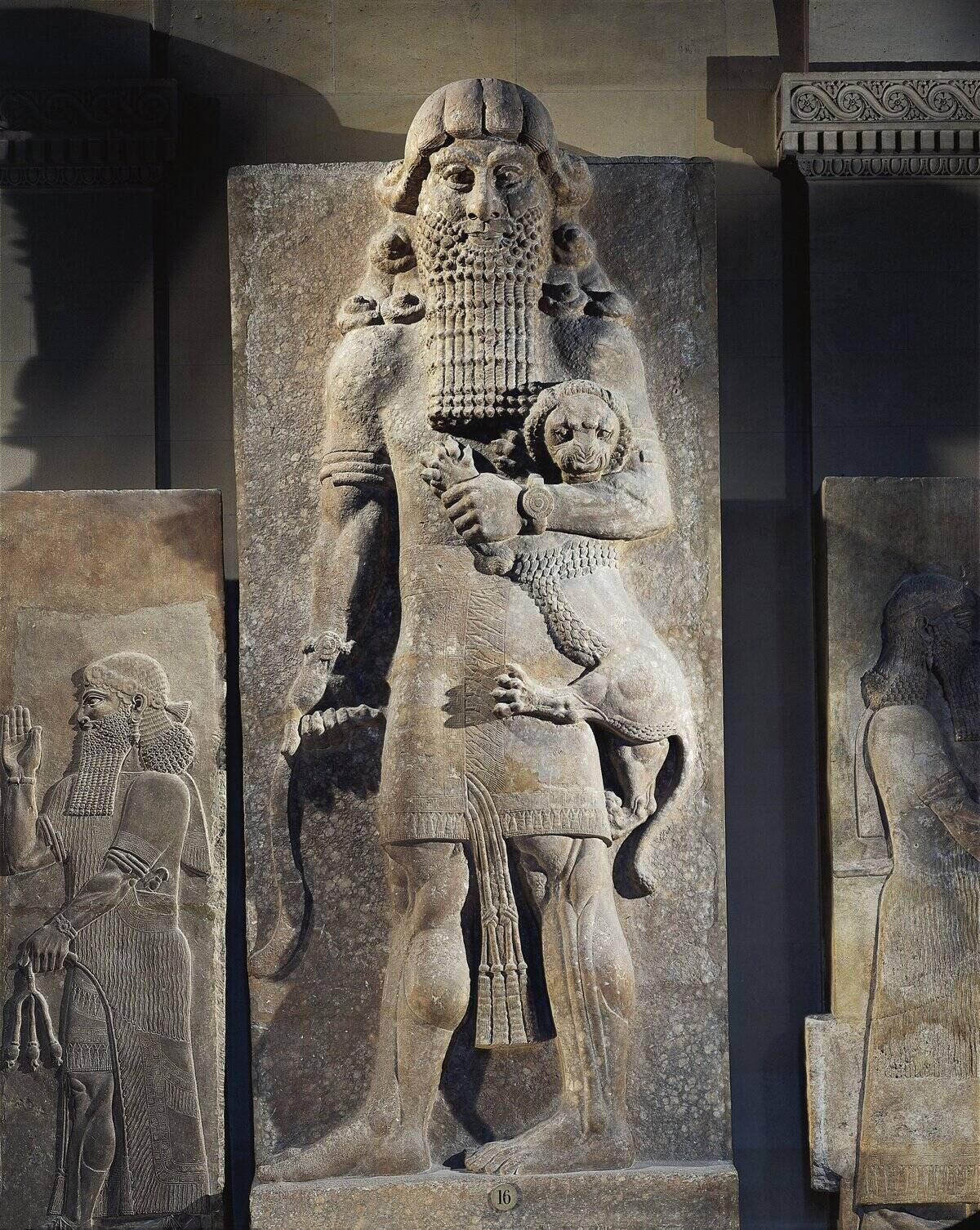
Spilling salt is considered bad luck, a belief that dates back to the Sumerians ancient Mesopotamia, when salt was a valuable commodity. Since salt was just as valuable in ancient Egypt, Greece, Syria, and Rome, the superstition persisted.
While this might seem far-fetched today, the ritual endures, perhaps out of habit or tradition. It’s a testament to how deeply ingrained superstitions can become in cultural practices.
Horseshoes: U-Shaped Charms for Good Fortune
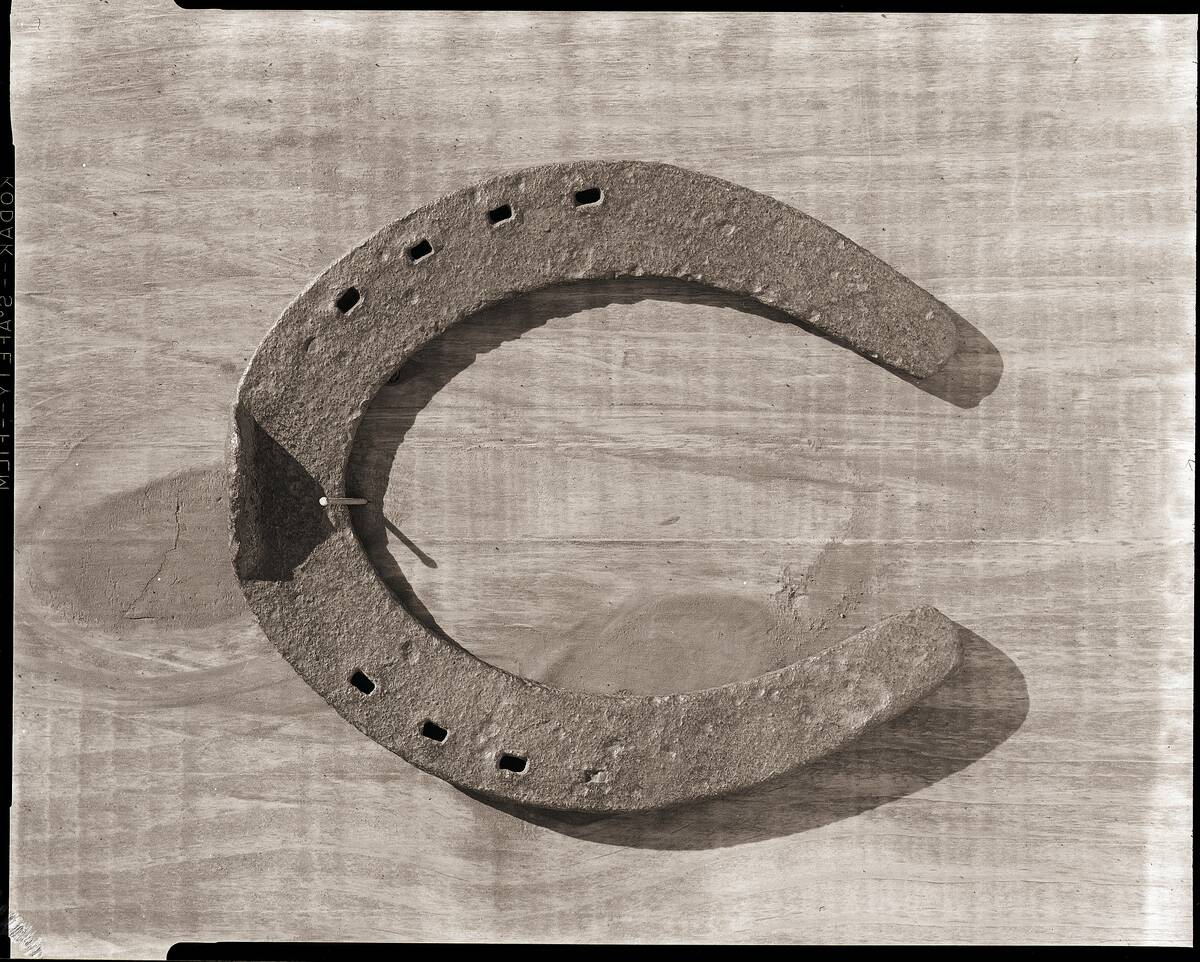
Horseshoes are widely regarded as symbols of good luck, a belief stemming from their shape and material. That’s because the ancient Greeks believed iron could ward off evil and that crescents were markers of fertility and good fortune.
The U-shape is thought to trap good luck, and iron, being a durable material, was believed to ward off evil spirits. Hanging a horseshoe over a doorway is a common practice, with the ends pointing up to keep the luck from spilling out.
Crossed Fingers: A Gesture of Hope or a Nod to the Past?
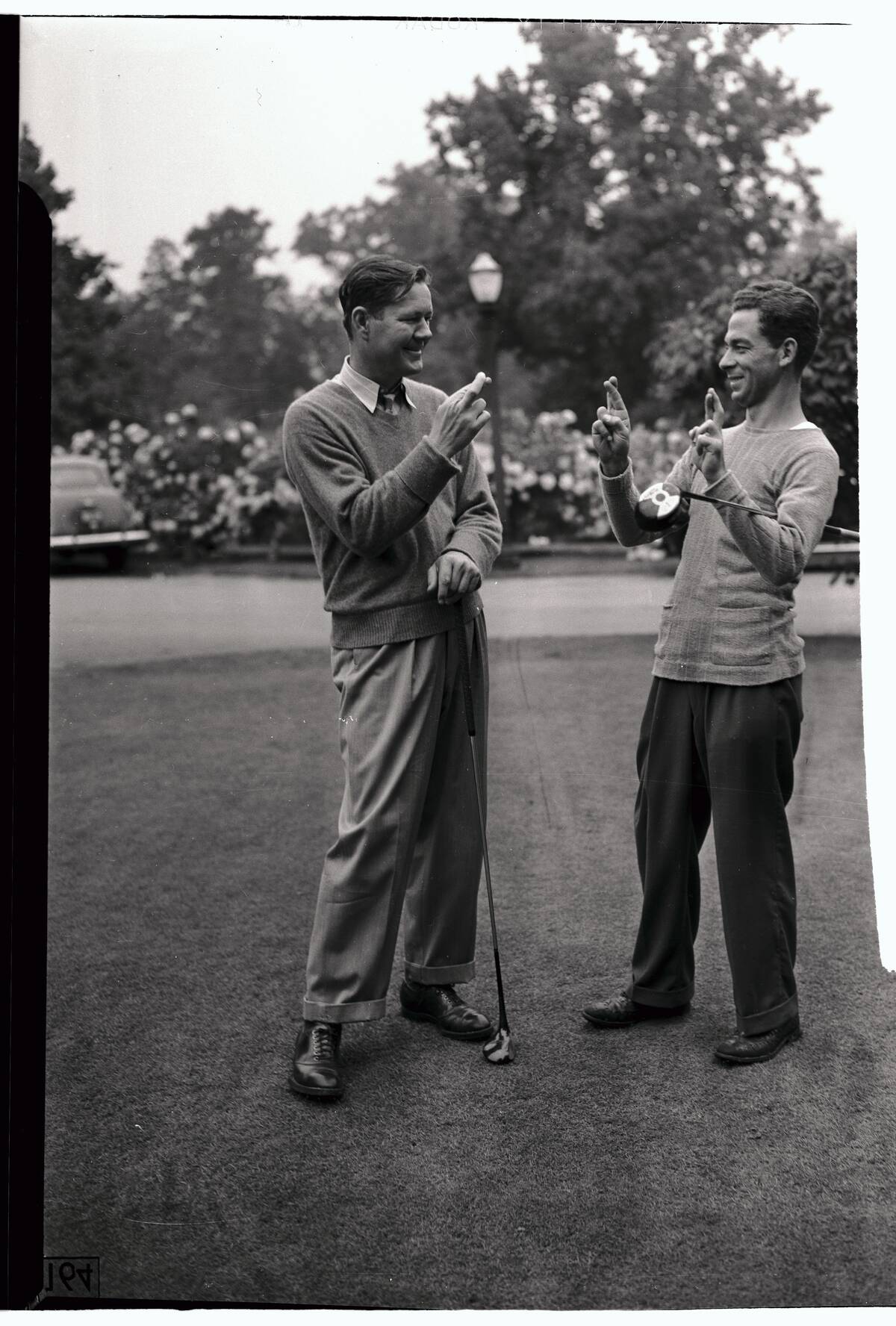
Crossing your fingers for luck is a common gesture with roots in early Christianity. It was a symbol of unity and support, used by believers to protect each other from evil. Over time, it evolved into a sign of hope and good fortune.
Today, crossing fingers is a universal symbol for wishing luck, whether you’re waiting for good news or hoping for a favorable outcome in uncertain situations.
Itchy Palms: A Sign of Incoming Wealth or Just Dry Skin?
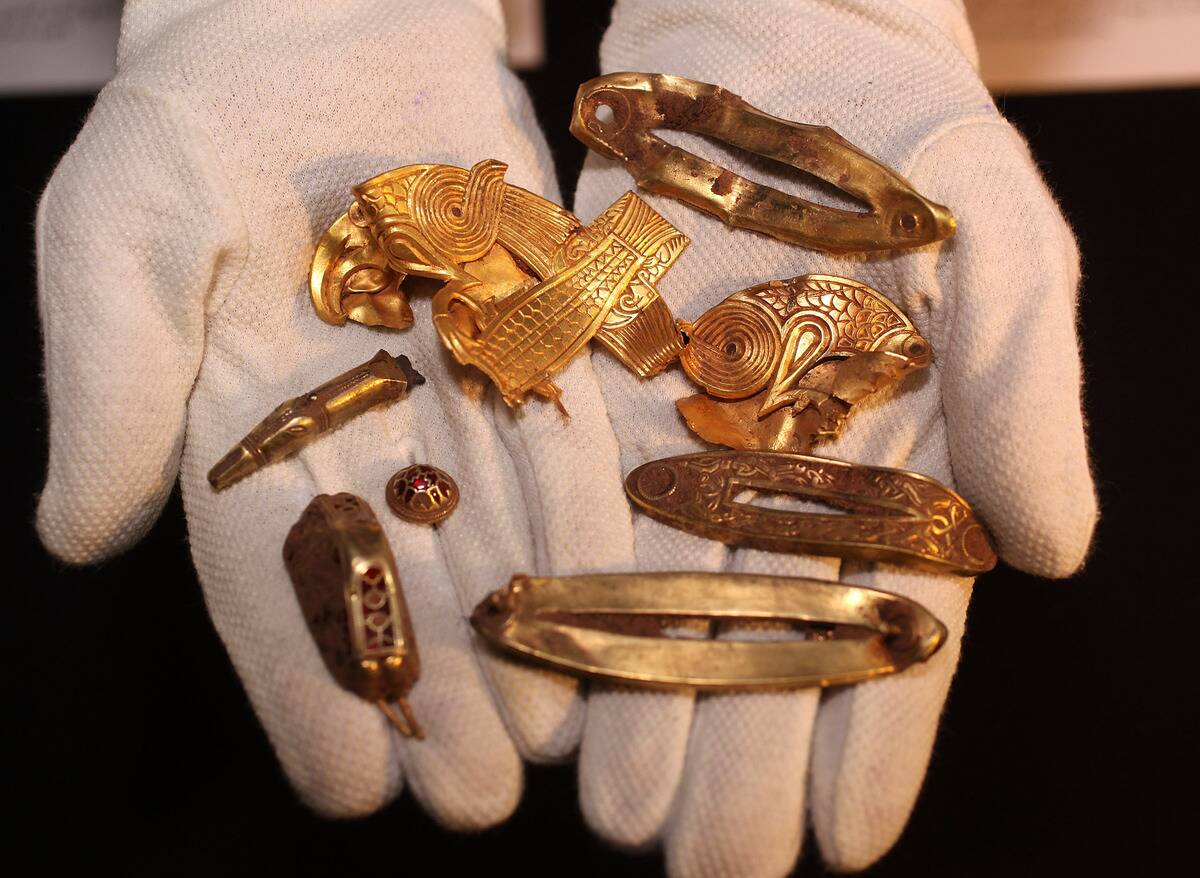
The superstition of itchy palms is associated with financial gain or loss. Typically, an itchy right palm suggests incoming money, while an itchy left palm predicts a loss.
This belief is thought to originate from Saxon culture, where rubbing silver on the skin was believed to bring wealth. While dermatologists might attribute itchy palms to dry skin, the superstition adds a tantalizing twist to an otherwise mundane sensation.
Broken Clocks: Time Stopped or a Superstitious Symbol?
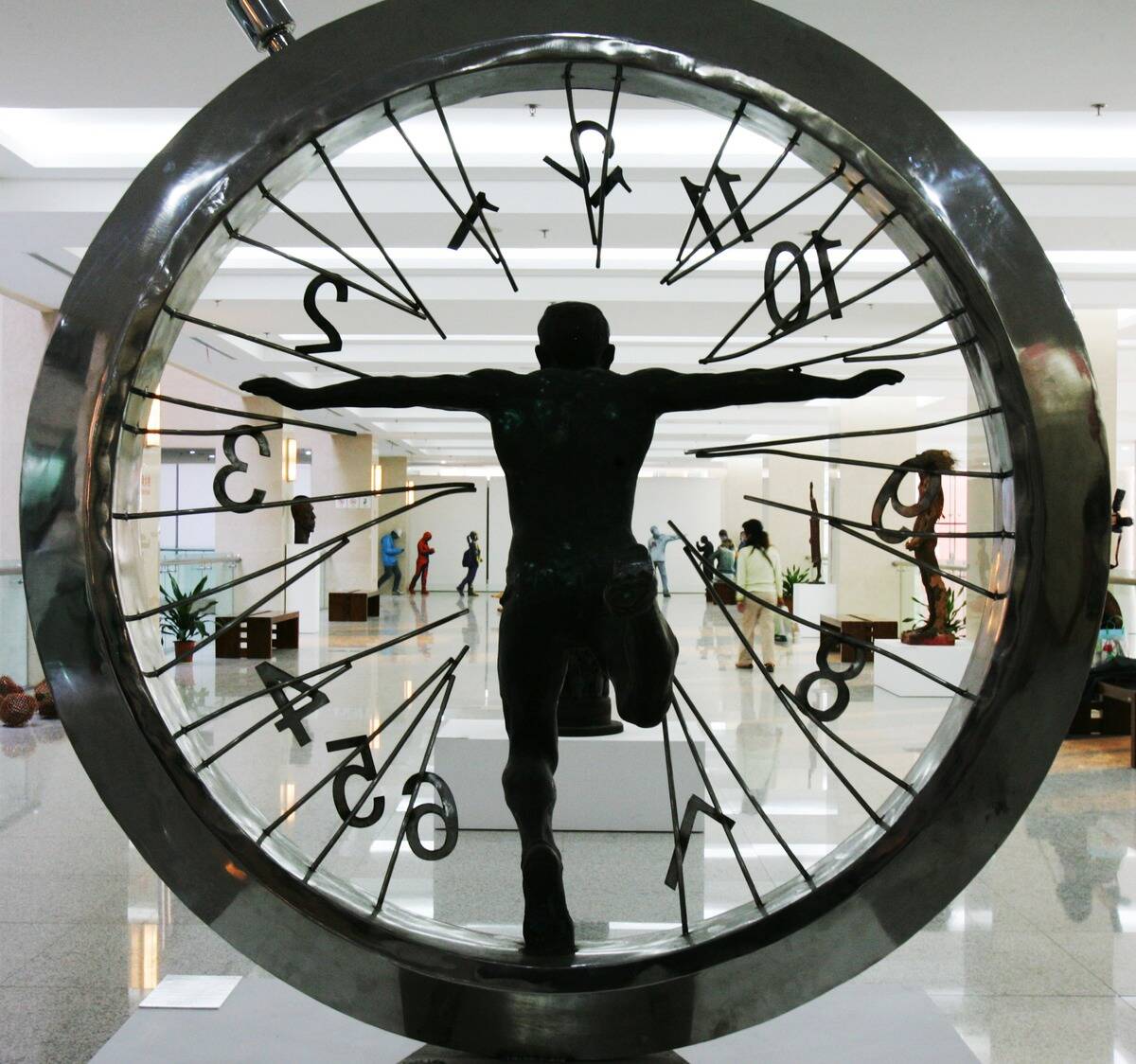
A broken clock can evoke a sense of unease due to its association with stopping time. Some believe that a stopped clock signals an impending death, a superstition rooted in the idea that time is frozen at the moment of a person’s passing.
While modern interpretations lean more towards fixing the clock, the far-flung ancestors of Germans and Britons saw this common issue as a reason to mourn.
The Evil Eye: Protection from Jealous Glares and Bad Vibes
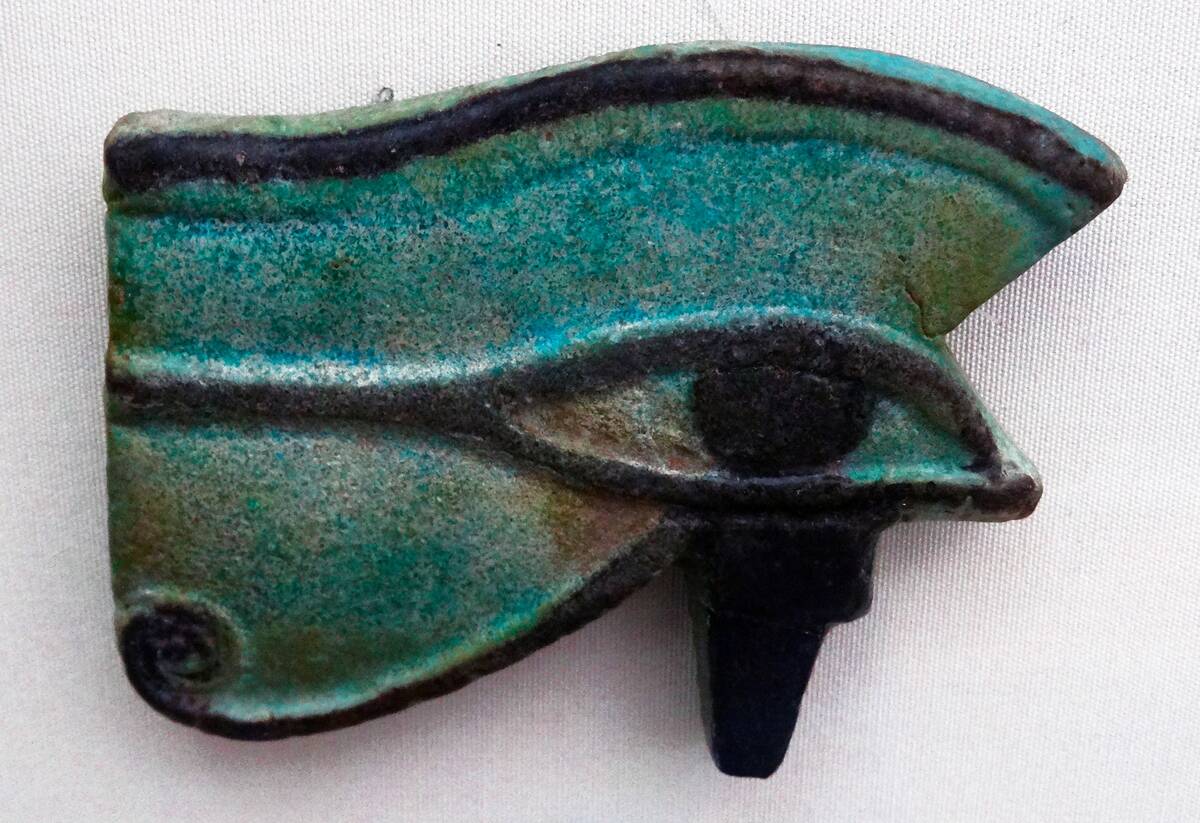
The concept of the evil eye is prevalent in many cultures, referring to a malevolent glare believed to cause harm or misfortune. To combat this, people often use talismans or amulets, such as the blue eye symbol, to ward off negative energy.
This was considered true in ancient Greece, ancient Ireland, ancient Egypt, and even Mesopotamia. While the evil eye might seem like an outdated belief, it remains a powerful cultural symbol of protection and the universal desire to shield ourselves from unseen threats.
Lucky Pennies: Finding Fortune in Copper Coins
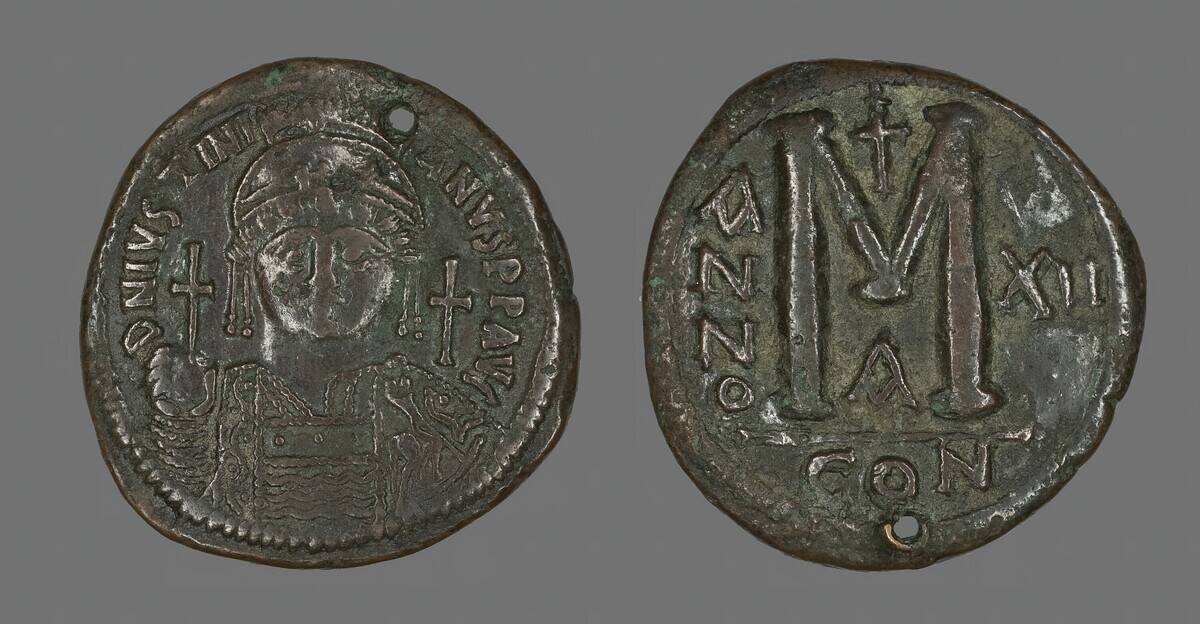
The saying “find a penny, pick it up, and all day long you’ll have good luck” is a familiar refrain associated with finding pennies. This belief may originate from ancient times when metal was considered lucky and protective to the point of being gifts from gods.
While a single penny might not hold much monetary value today, the act of picking one up is often seen as a small, cheerful ritual that invites good fortune into our lives.
The Wishbone: A Thanksgiving Tradition with Ancient Roots
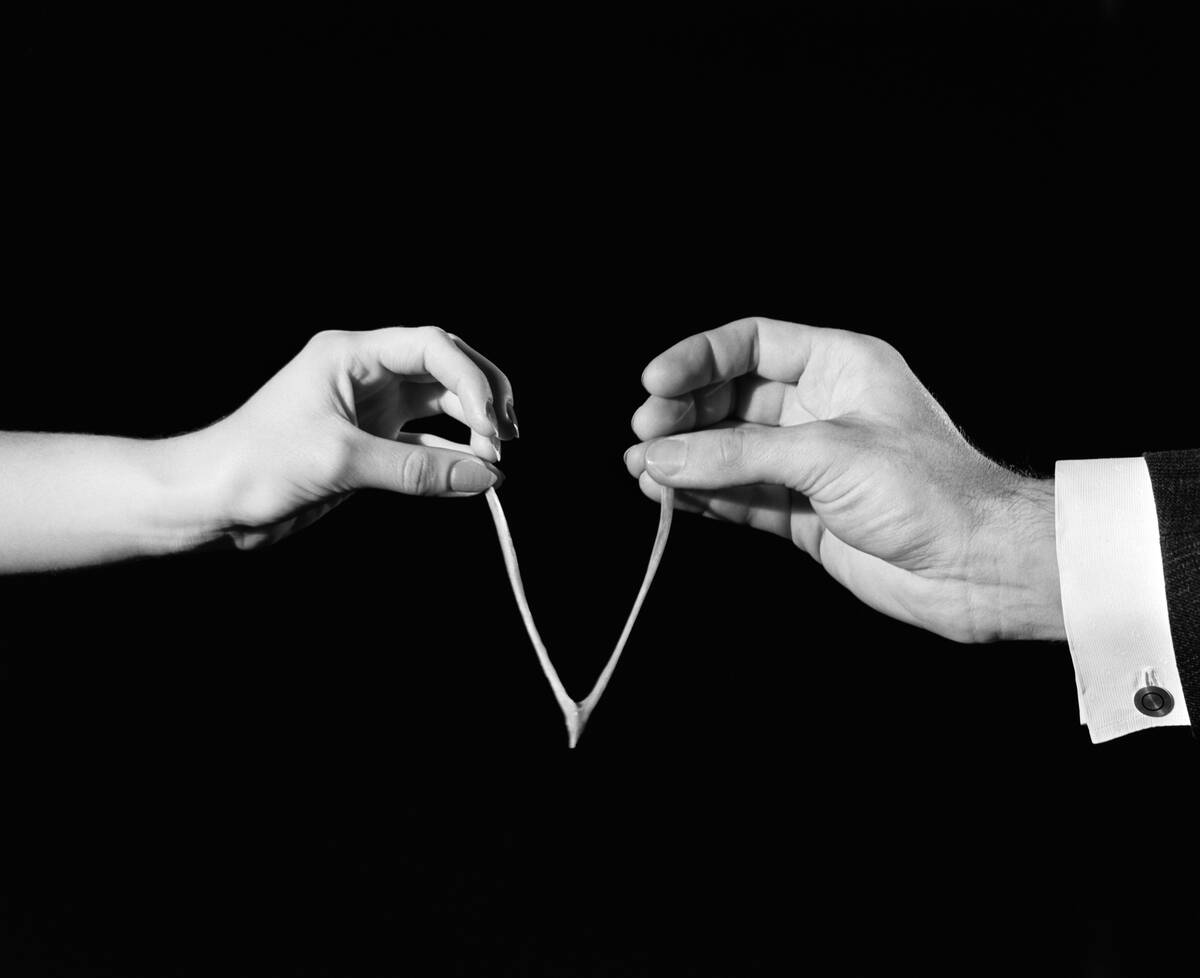
The tradition of breaking a wishbone to make a wish dates back to the ancient Etruscans, where chicken bones were used for divination. The custom was later adopted by the English and eventually made its way to America, becoming a popular Thanksgiving activity.
Whoever ends up with the larger piece of the bone is said to have their wish granted. This playful tradition continues to be a fun and hopeful part of family gatherings.
Rabbits’ Feet: A Pocket-Sized Token of Luck and Folklore
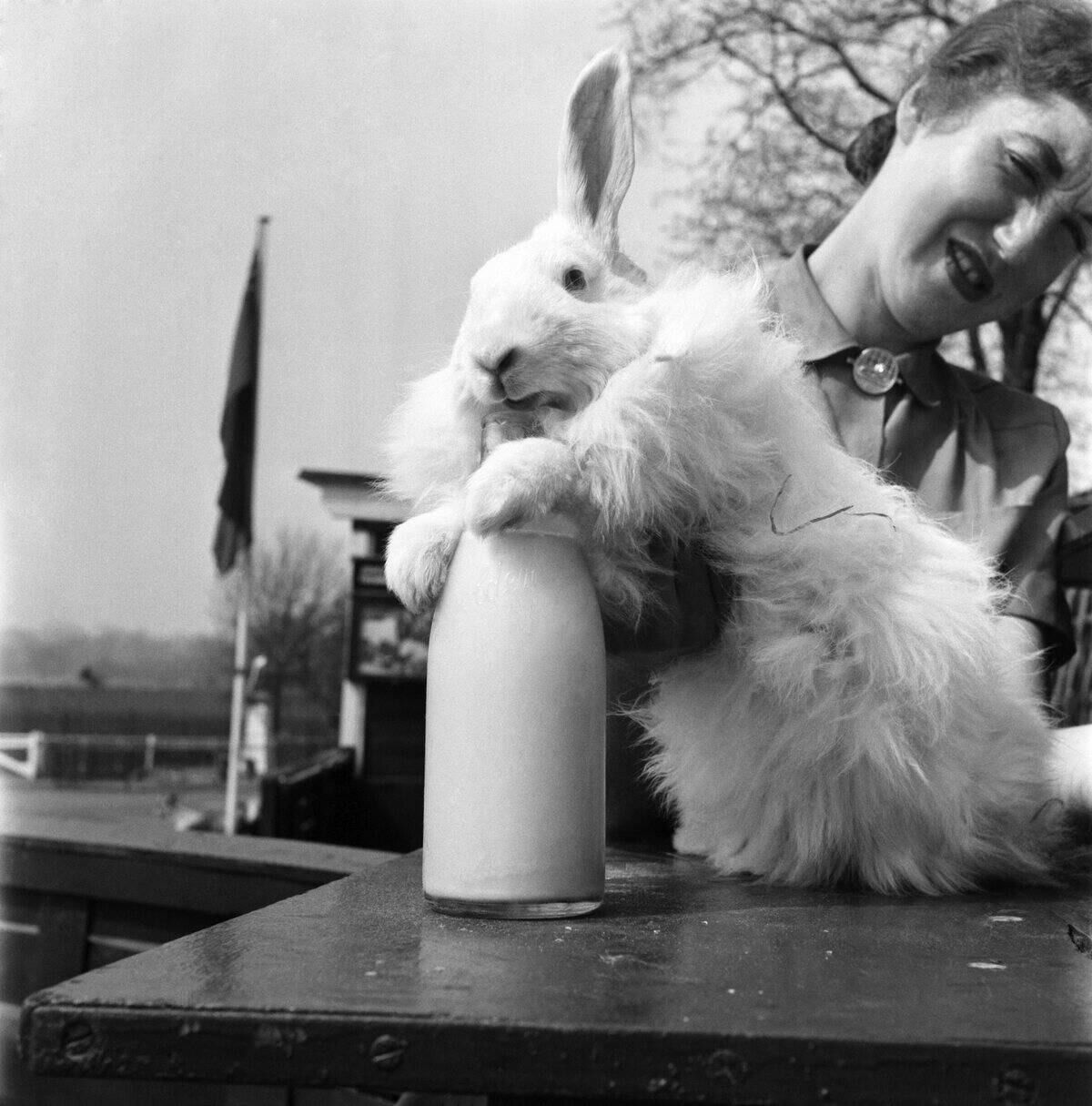
The rabbit’s foot is a well-known talisman believed to bring good luck, a superstition that likely originates from Celtic tribes who saw rabbits as sacred animals. The idea that a rabbit’s foot could confer luck was popularized in the early 20th century.
While today it might seem odd to carry a rabbit’s foot, the charm still holds a nostalgic appeal, serving as a quirky reminder of past beliefs in luck and magic.
Walking Backwards: Reversing Bad Fortune or Just a Dizzying Activity?
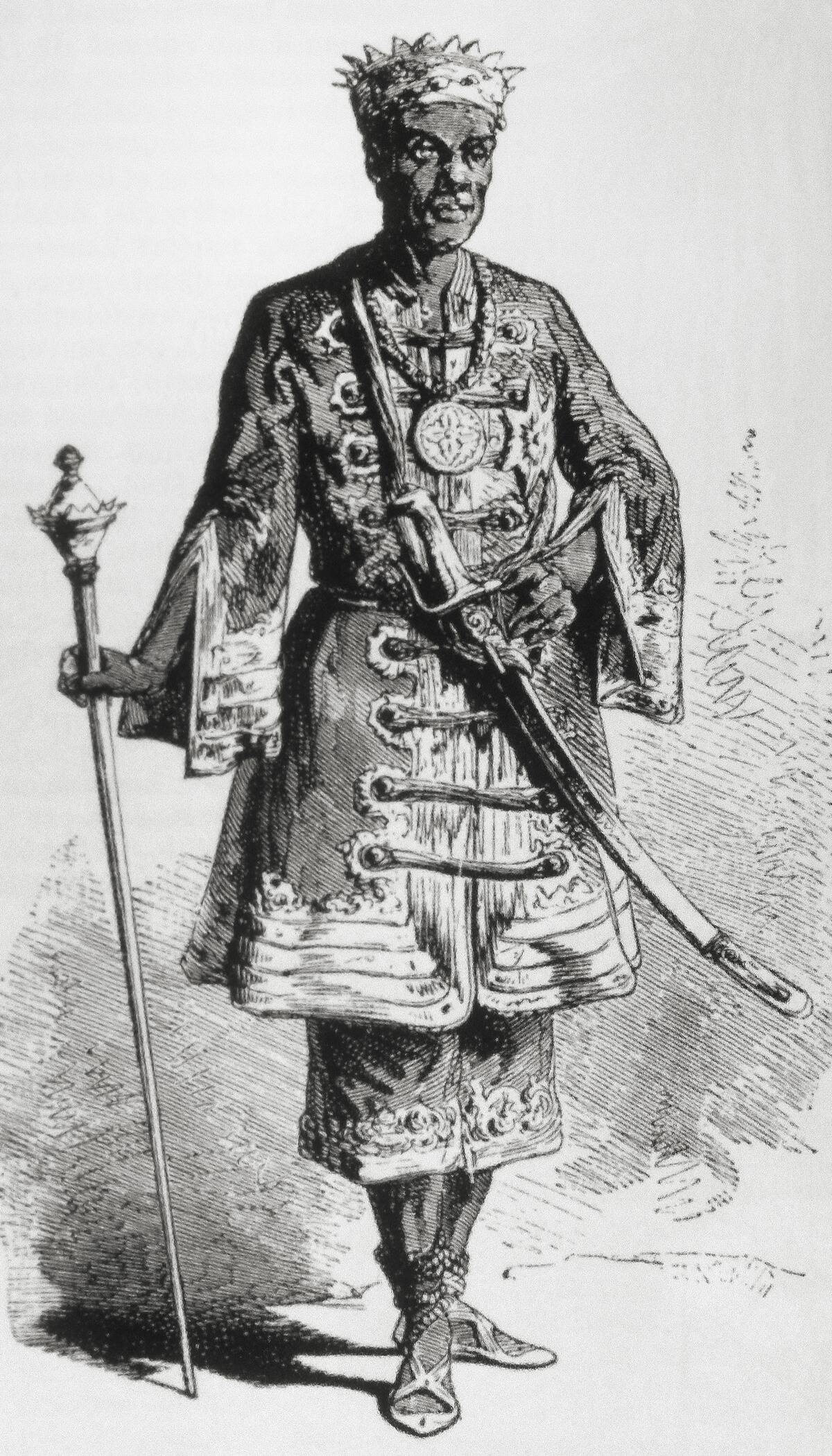
Walking backward is sometimes thought to reverse bad luck or undo misfortune. This superstition might stem from the idea of retracing your steps to correct a mistake. This supposedly originated from the former African kingdom of Dahomey, where kings who collaborated with the Transatlantic Slave Trade walked backwards to ward off the spirits of those they sold.
While walking backward may not literally turn back time, it can certainly offer a new perspective or bring a bit of fun to a dull day. It’s one of those quirky beliefs that shows how creativity and superstition often go hand in hand.
Wishing on a Star: Celestial Pleas for Dreams to Come True

Wishing on a star is a beloved tradition that dates back to ancient times when people believed the stars were closely tied to the divine. In particular, the ancient Egyptians believed people’s souls ascended to the stars when they died. The first star of the evening was thought to be particularly powerful for granting wishes.
While modern science has demystified many celestial phenomena, the enchantment of wishing on a star remains, offering a moment of hope and magic in our everyday lives.




